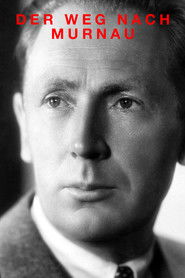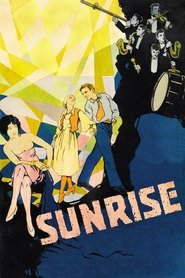
F. W. Murnau
DirectorProducerWriterActor
28-12-1888
Birthday
Capricorn
Zodiac Sign
-
Genres
6
Total Films
Friedrich Wilhelm Murnau, 프리드리히 빌헬름 무르나우, F.W. 무르나우, 프리드리히 무르나우
Also known as (male)
Bielefeld, North-Rhine-Westphalia, Germany
Place of Birth
28-12-1888
Birthday
Capricorn
Zodiac Sign
-
Genres
6
Total Films
Friedrich Wilhelm Plumpe, Friedrich Wilhelm Murnau
Also Known As (male)
Bielefeld, North-Rhine-Westphalia, Germany
Place of Birth





